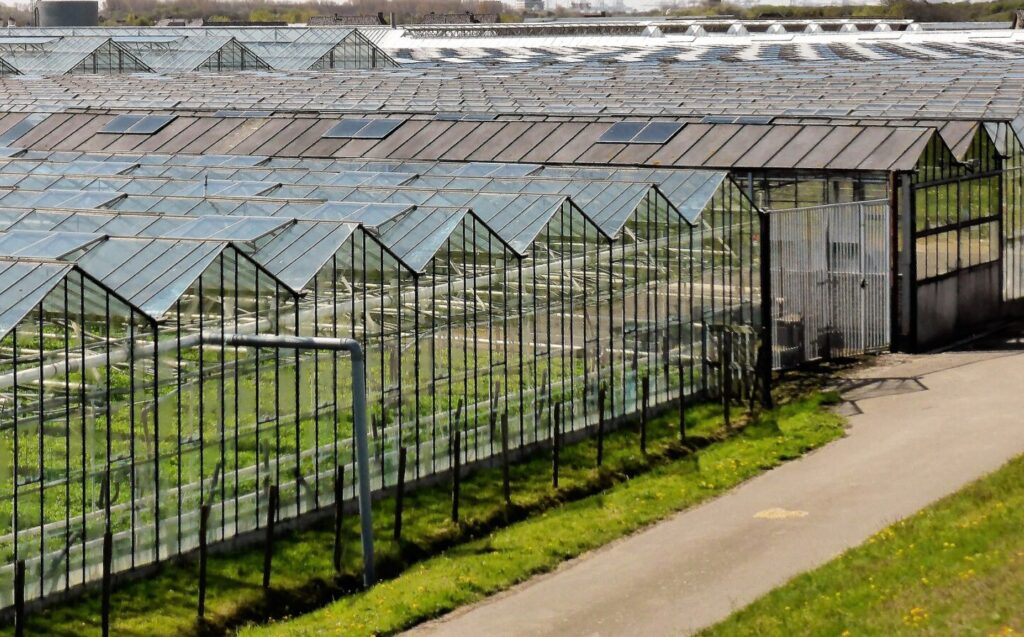
Growth requires new water and wastewater infrastructure. The question—and it’s a delicate balance– is who funds the bulk of it, new businesses and homes through development charges or Chatham-Kent ratepayers?
Several industrial greenhouse growers made deputations to council on Monday night, outlining their concerns with proposed increases in development charges for water and wastewater infrastructure they will have to pay as they expand in the next few years.
President of Cedarline Greennhouses, Greg Devries said in Chatham-Kent there are 473 acres of vegetable greenhouse production, which is responsible for over 3,000 direct and indirect jobs.
Devries said greenhouse owners are concerned the increase in development charges will result in a 1,967 percent increase over three years compared to what they are paying now.
“We need to stop, we need to reflect, and we need to reboot this process,” Devries said. “Greenhouse growth will stop with this proposal. Let’s get back to working together.”
Over the next 10 years, Chatham-Kent plans on spending $590 million on water and wastewater infrastructure capital costs. Part of the reason is due to the expanding greenhouse industry in Chatham-Kent. Darren Galbraith, general manager of Chatham-Kent PUC, said a 100-acre greenhouse uses as much water as 4,880 homes.
A couple hundred acres of greenhouse development are currently planned for Chatham-Kent, according to Rob Petro of the Ontario Greenhouse Vegetable Growers. Increased development charges are seen as a hurdle for future greenhouse expansion in the area.
Council heard a detailed report about how and who in Chatham-Kent will pay for water and wastewater capital projects over the next decade. Council will aim to pass a 10-year development charges bylaw at its March 18 meeting, which will outline the development charges that will be imposed to recover capital costs for new users. If development charges are not collected for growth, it means that water rates and monthly service charges will have to go up to help pay for infrastructure.
Development charges that are being proposed will help to pay for two-thirds ($389 million) of the $590 million total capital costs over the next 10 years. Of this net amount, $60.52 million is recoverable from expected residential development and $328.75 million from expected non-residential development.
